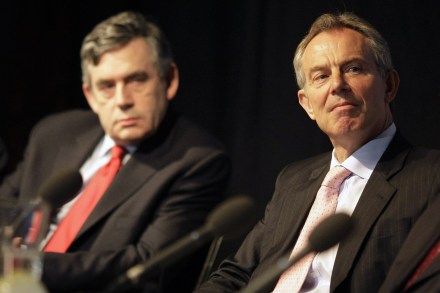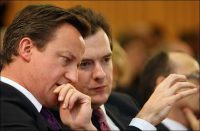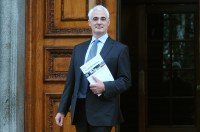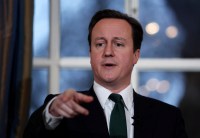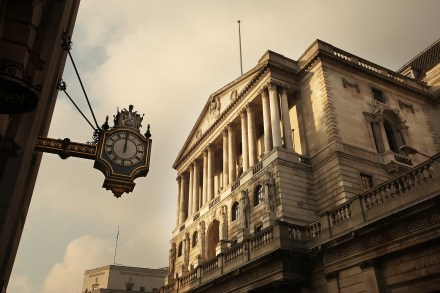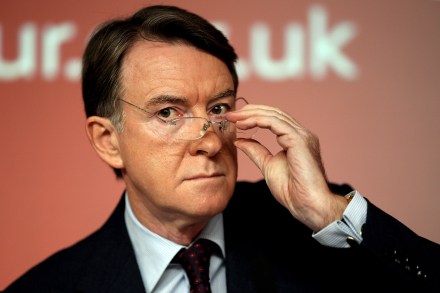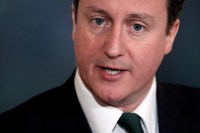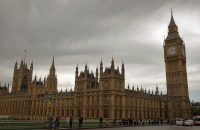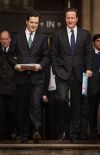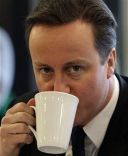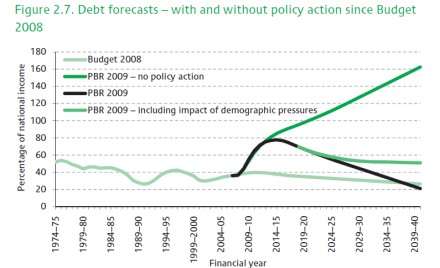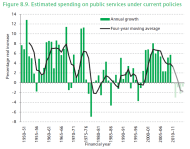Brown and Blair, together again
Strange that there’s really only one major political point arising from Gordon Brown’s interview in the Standard today. But, then again, maybe that is the point. Like the PM’s interview with the News of the World a few weeks ago, the emphasis is far more on the personal than anything else: his relationship with Sarah Brown, the death of his daughter Jennifer, his upbringing, and so on. We even learn why his handwriting is so bad (“due to the way he was taught to write at school,” apparently). And with a TV appearance alongside Piers Morgan in the schedules, it does seem that Brown is keen to present a more
